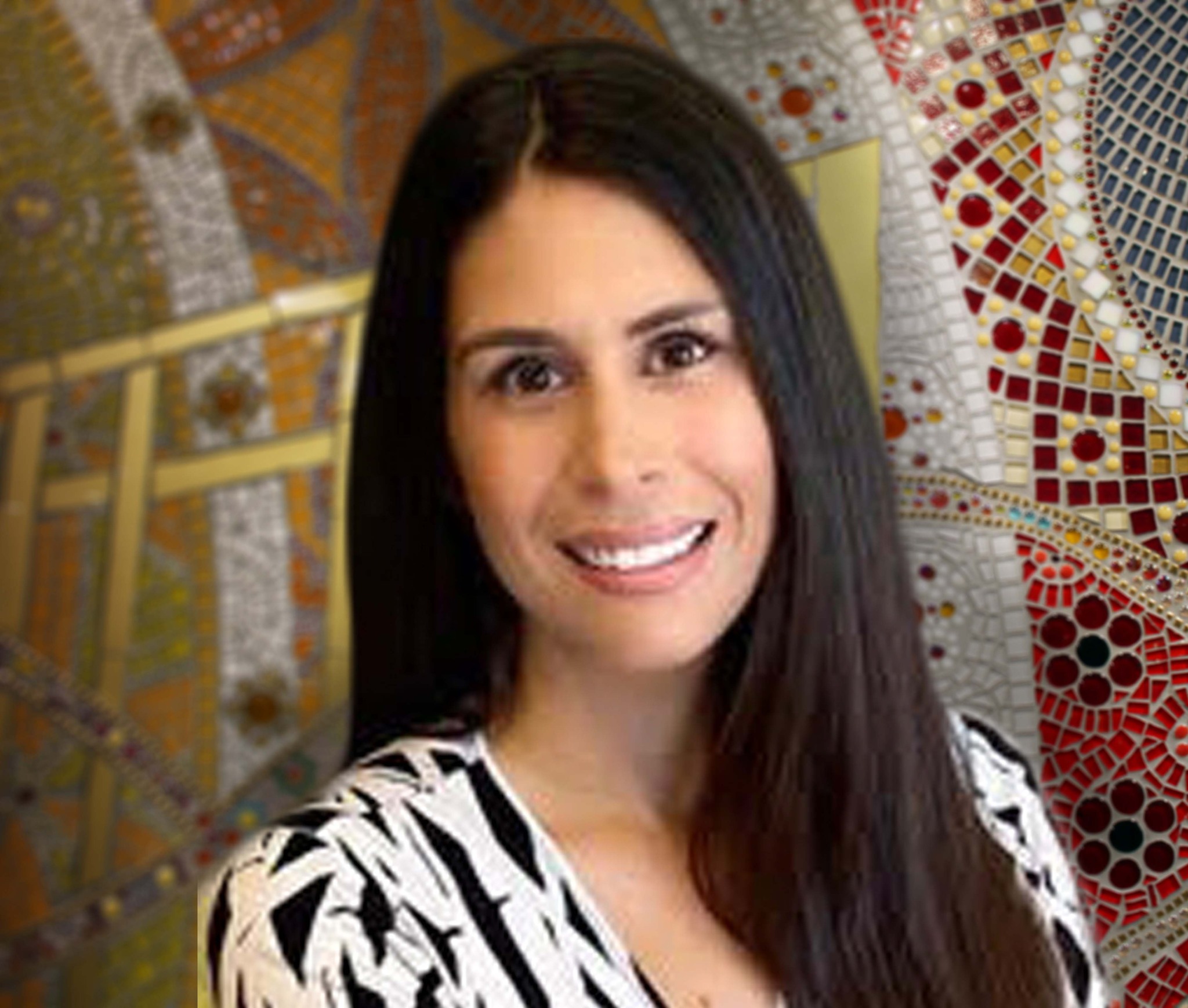GCSW Ph.D. student, Gaby Mohr-Avita, dives into the intersection of race and the cannabis industry
With the dream to one day own her own drug policy center, Gaby Mohr-Avita, Ph.D., hopes to implement healing strategies for racialized communities who have experienced negative outcomes of drug culture.
Mohr-Avita, who successfully defended her dissertation “What’s Race Got to Do With It? A Cannabis Industry Policy Analysis Using Critical Race Theory” at the University of Houston's Graduate School of Social Work, is serving on the Student Advisory Board for the Group for the Advancement of Doctoral Education in Social Work.We spoke to Mohr-Avita about this board and her research.
-----
Name: Gaby Mohr-Avita
Program:Ph.D.
Congratulations on successfully defending your dissertation, Dr. Gaby Mohr! Can you share an overview of your research titled “What’s Race Got to Do With It? A Cannabis Industry Policy Analysis Using Critical Race Theory.” What inspired you to delve into the intersection of race and the cannabis industry?
I grew up exposed to drug culture and witnessed firsthand the inequities that racialized people face. I always felt confused at the outcomes that my Latino family would face versus my White family for substance use, and as time went on, I realized that our systems and structures were more likely to punish racialized people for involvement with drugs and were more likely to offer resources to White people. This really inspired me to dive into racial equity work.

For the marijuana industry piece, I lived and worked in Denver, Colorado, during legalization, and I saw a shift in the communities I worked in after marijuana was legalized. I noticed even more inequities post-legalization and was curious about why this was happening. I wanted to understand what the root of perpetuating racial inequities in an industry that seemed to hold so much promise for racial equity and economic opportunity.
Tell us a little about yourself, and what led you to choose the University of Houston Graduate College of Social Work to pursue your Ph.D.?
I'm originally from Tucson, Arizona, and my journey to this point has been an interesting and humbling one. I always knew I wanted to do something that would bring me back to my community with tools for healing. After many years of working in direct social work practice post-MSW, I realized that I was not able to do as much as I wanted. I learned that the University of Houston had a drug policy research center and that there was amazing work focused on Latinos and substance use happening there. I believe strongly that social work is a perfect field for drug policy research and practice, yet there aren't many centers nationwide, so it was exciting to see one!
You were selected to serve on the Student Advisory Board for the Group for the Advancement of Doctoral Education in Social Work. This is a significant accomplishment. What does this mean to you and what do you hope to accomplish in this role?
This role is an exciting opportunity to share ideas with others about ways we can improve social work education. I am hoping that I will be able to advocate for more resources and support for parents/caregivers in social work doctoral programs.
Now that you have earned your Ph.D., what’s next for you?
I hope to conduct more research on substance use prevention and intervention strategies and eventually teach at an R1 institution. My dream would be to have my own drug policy center wherever I end up and implement healing strategies for racialized communities who have experienced negative outcomes of drug culture.
Graduating with a Ph.D. is a major milestone. What advice do you have for aspiring researchers and doctoral candidates based on your own experience?
I don't necessarily have advice, but I do think if anyone is considering a Ph.D., they should go for it! It does take an amazing amount of patience, dedication, and commitment, but it is possible. Something that really helped me survive getting a PhD during a pandemic was community. I have amazing mentors and friends who were essential in helping me achieve this dream.